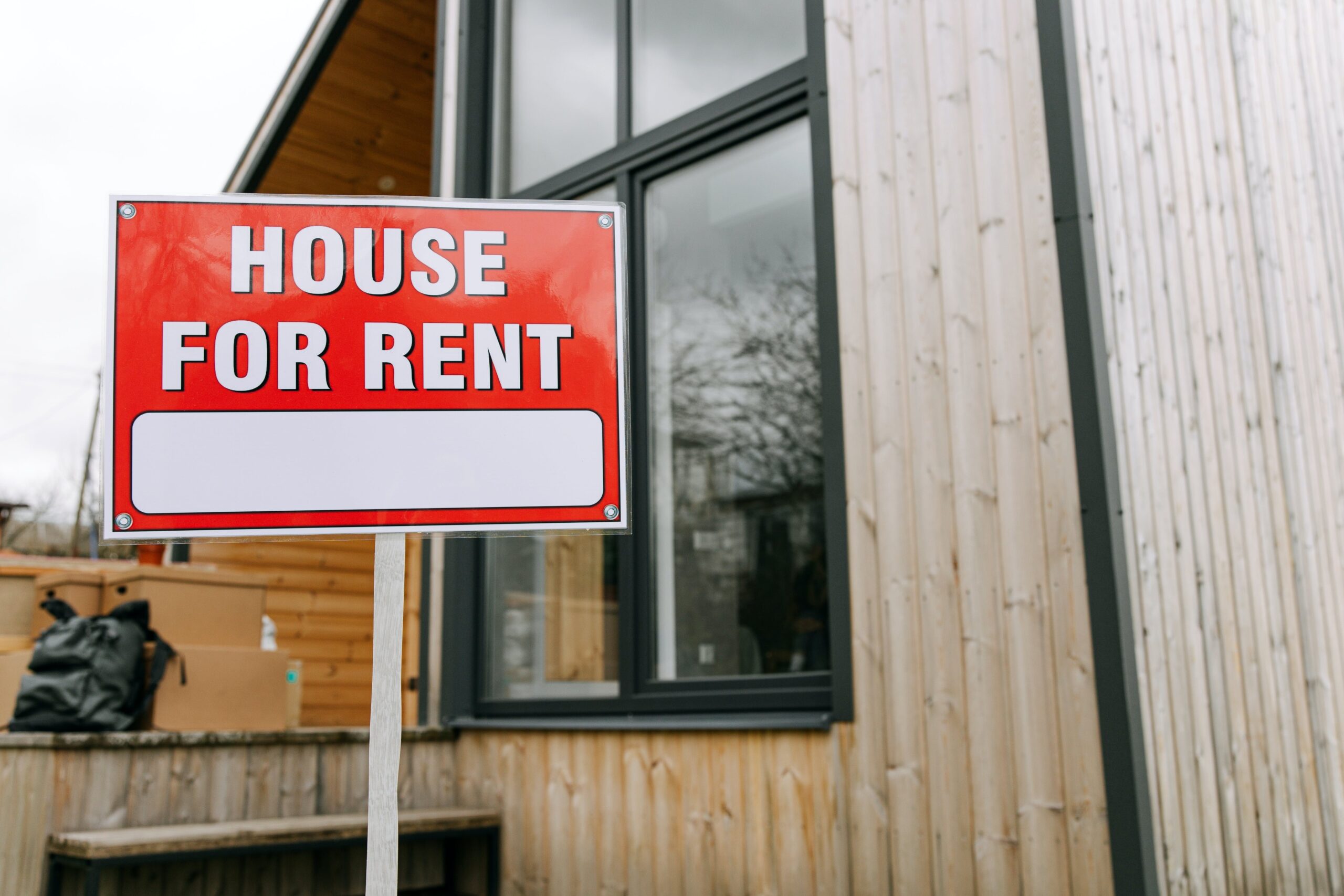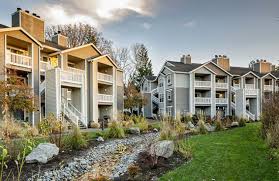Property Maintenance Best Practices: Keeping Your Investment in Top Shape
Investing in real estate can be lucrative, but maintaining a property requires continuous effort and strategic planning. Proper maintenance not only preserves the value of your investment but also ensures the safety and satisfaction of your tenants. Here are some best practices for keeping your property in top shape. Routine Inspections Routine inspections are not…
Read more








